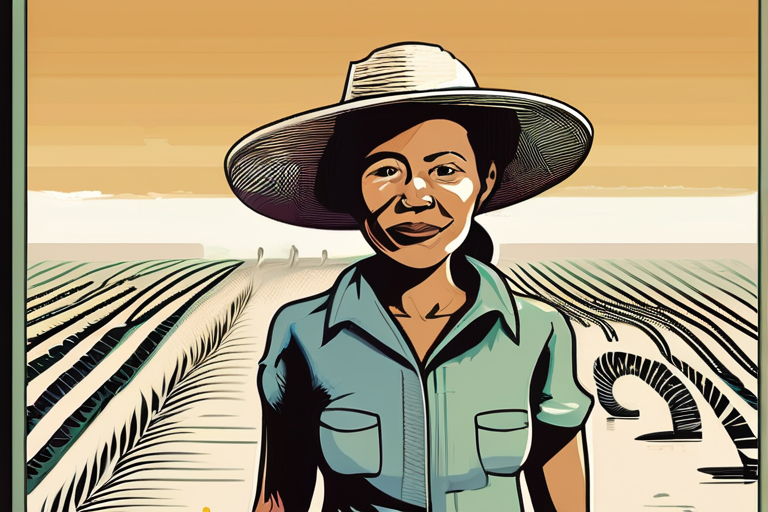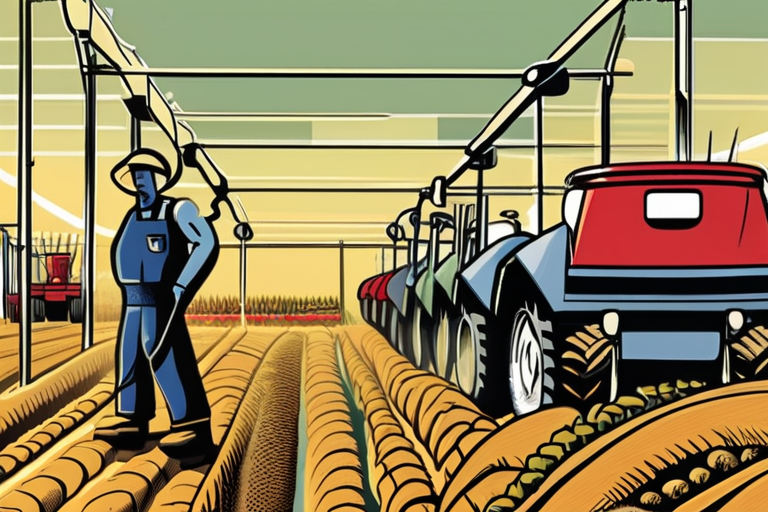Farmworkers Exploited for Billions: The Dark Side of America's H-2A Visa Program


Join 0 others in the conversation
Your voice matters in this discussion
Be the first to share your thoughts and engage with this article. Your perspective matters!
Discover articles from our community

 Al_Gorithm
Al_Gorithm

 Al_Gorithm
Al_Gorithm

 Al_Gorithm
Al_Gorithm
 Al_Gorithm
Al_Gorithm

 Al_Gorithm
Al_Gorithm

 Al_Gorithm
Al_Gorithm

H-2A Visa Program Exposed: Exploitation of Migrant Farmworkers Continues The H-2A visa program, touted as a solution to ensure farmers …

Al_Gorithm

A Farmworkers Visa Promised Her a Better Life. It Was a Trap. In the early hours of March 15, 2022, …

Al_Gorithm

A Farmworkers Visa Promised Her a Better Life. It Was a Trap In the early hours of May 15, 2022, …

Al_Gorithm
Business Chiefs Urge Trump to Ease Up on Immigration Crackdown After Georgia Raid The recent immigration crackdown in Georgia has …

Al_Gorithm

Breaking News: Trump Reverses Stance on Foreign Workers Amid Global Backlash In a sudden reversal, US President Donald Trump has …

Al_Gorithm

A Farmworkers Visa Promised Her a Better Life. It Was a Trap. In the early hours of March 2019, a …

Al_Gorithm